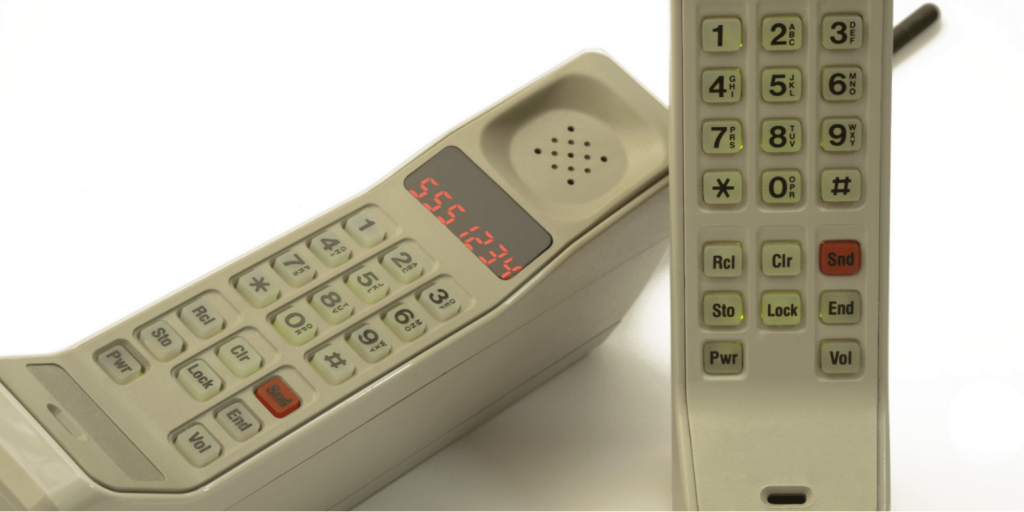The inventor of the cell phone, Marty Cooper, has predicted that the future of phones will involve integration into our skin rather than being separate devices.
In an interview with CNBC, Cooper shared his vision of a generation where phones will be embedded under the skin of our ears, eliminating the need for charging. Cooper’s vision hints at a possible future stage of humanity where our bodies are augmented with powerful microchips and sensors.

Cooper’s vision of integrating phones into our bodies is not a new concept, with several startups currently developing technologies combining computers with the human brain, such as Elon Musk’s Neuralink.
According to Cooper, the current smartphone is too complex, with numerous applications and a screen that does not suit the curvature of the human face. He added that using a flat piece of material against the curved head is an awkward position to be in.

The smartphone market has stagnated over the last few years, with manufacturers struggling to develop new innovative designs. In addition, the prevalence of phones has led to many problems, from social media addiction to privacy infringements.
Cooper acknowledges the adverse effects of his creation. However, he remains optimistic about the technology’s future, suggesting that its best days may still be ahead of it in fields like education and health care.

Cooper is confident that humanity will continue to progress with technology, saying that people are better off now than ever before, living longer, wealthier, and healthier lives. However, he adds that there have been ups and downs, but humanity has always found a way to figure things out.
Looking back 50 years ago, Cooper says it was a primitive time with no internet, large-scale integrated circuits, or digital cameras. However, he and his colleagues knew that connecting people was necessary, and they even joked that someday people would be assigned phone numbers at birth, and if they didn’t answer the phone, they would be considered dead. This led to the creation of the first cell phone, which has now evolved into an extension of ourselves.

Cooper’s vision of integrating phones into our skin may seem like science fiction, but it is not far-fetched. As technology continues to advance, we may see a future where our bodies are augmented with powerful microchips and sensors, allowing us to interact with the world in ways we never thought possible.


